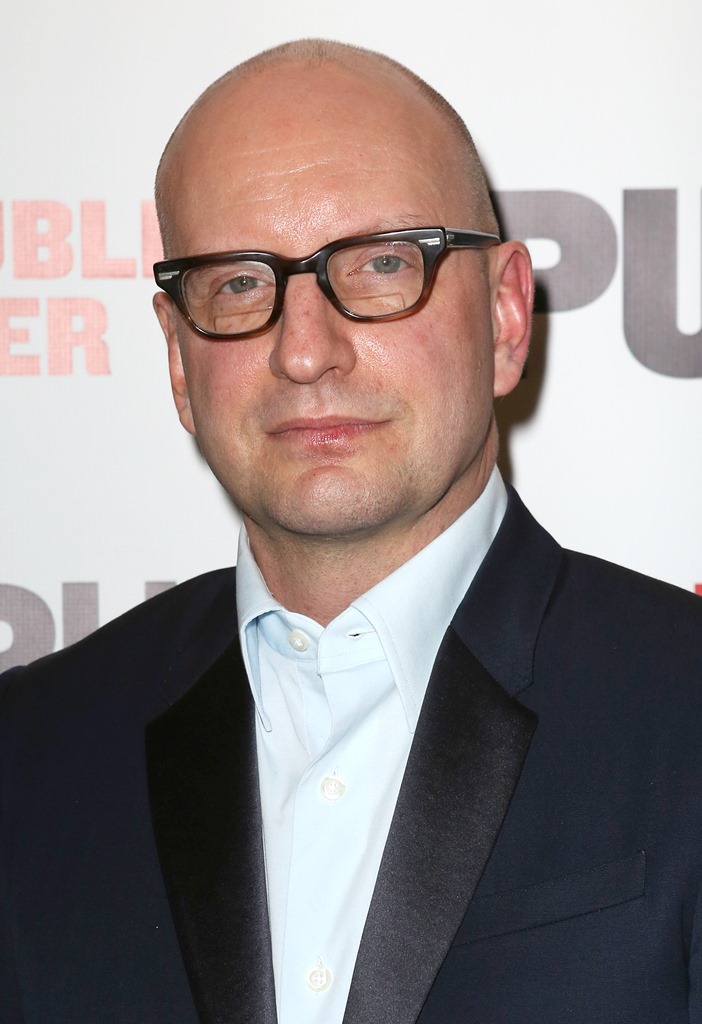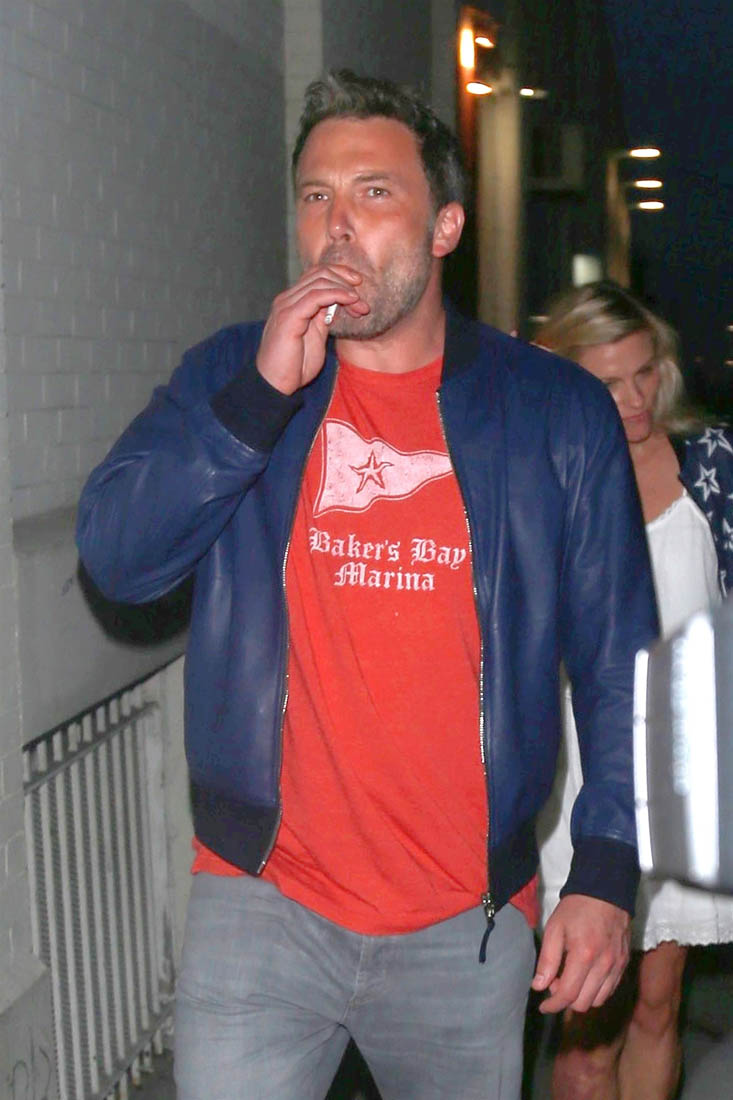Intro for August 2, 2017



Dear Gossips,
While obsessively hitting refresh this morning to read GQ Style’s new cover feature on Aziz Ansari (at 7am ET it had yet to be uploaded), I ended up reading the magazine’s feature on Steven Soderbergh and how he’s “back to destroy Hollywood”. There’s a lot of Show Your Work happening here, specifically in the way Steven himself likes telling stories about work itself. That’s essentially what Ocean’s Eleven is – a movie about people who do their job well and also, as the writer of the piece, Zach Baron, describes, “one of the best movies ever made about celebrity—about the weird unique camaraderie that beautiful people who perform for others have, and how fun that camaraderie can be to experience, vicariously, for the rest of us”. Yes. YES. Exactly. That’s also why those “clubhouse” scenes, as Sarah calls them, in The Avengers are so critical to the franchise – we get off on seeing celebrities “perform” friendship. And we are critical when they don’t perform it convincingly. Or, you know, when the friends are women. But that’s a different conversation.
Steven’s new film is Logan Lucky, starring Channing Tatum, Adam Driver, Daniel Craig, Hilary Swank, Riley Keough, Sebastian Stan, Katie Holmes, and many more. It will be released August 18th and it was made by disrupting the standard Hollywood studio financing formula by getting the money upfront for foreign distribution and selling the replay rights (to Netflix, HBO, etc) before production so that by the time the film comes out, the creatives can collect directly from theatres without having to pass through the studio, bypassing the increasingly exorbitant marketing costs. In his mind, this could be the future model for adulted-oriented projects and stories, leaving the studios with the tentpoles and the epics, which is what they seem to be singularly focused on anyway. That’s certainly a different approach to the system than, say, the way some of the other brand name directors prefer to work. Given that, so far, there seems to be no consensus on the issue, I wonder whether or not we’ll see directors like Steven Soderbergh actively appealing to their peers in favour of their own crusades. Christopher Nolan has recently taken it upon himself to join the Netflix criticism and he was openly challenged by Ava DuVernay. It’s not necessarily the same argument. But it’s part of the larger conversation about the future of film and how audiences should be consuming it.
As for Logan Lucky, what doesn’t come up in Steven Soderbergh’s interview with GQ is … who wrote it? And that might be the most interesting thing about the movie right now: there’s a mystery. Did you hear about this? Last week, The Hollywood Reporter reported that while Logan Lucky is getting terrific reviews, there’s been all kinds of speculation about the screenwriter, Rebecca Blunt. Multiple sources are telling THR that this person doesn’t exist leading to speculation that Rebecca could just be Steven himself (he often goes by made-up names) or perhaps even his wife, Jules Asner. JULES ASNER! Come on. We all watched Jules Asner on E! right?
After all the rumouring about Rebecca Blunt, Steven released a statement to Entertainment Weekly about her identity:
“Well, that’s going to be news to Rebecca Blunt. When people make a statement like that they should be very careful, especially when it’s a woman screenwriter who is having her first screenplay produced.”
He goes on to insist that:
“She’s interviewed in the press kit. I happen to know that she’s working on something and that she’s on a deadline. She doesn’t want to do any press until after the movie opens. Isn’t she allowed to do that?”
Duana and I were considering this for Show Your Work last week because, obviously, this is fascinating on so many levels. As mentioned, Logan Lucky is receiving some really, really great reviews and much of it has to do with the story. Everyone is going to want to work with Rebecca Blunt now that her first screenplay is getting so much acclaim. But, so far, does Rebecca Blunt not want the credit? Or is she being super strategic about when she claims her credit?
Also… why is it so hard to believe that a woman’s first screenplay could be so good? Is this really a case of hidden identity or is it simple, classic sexism? No woman could ever write a movie this good on her first try. So it must be a fake-out!
Click here to read Steven Soderbergh’s interview with GQ. And we’ll come back to the Aziz Ansari cover story when it comes out.
Yours in gossip,
Lainey
